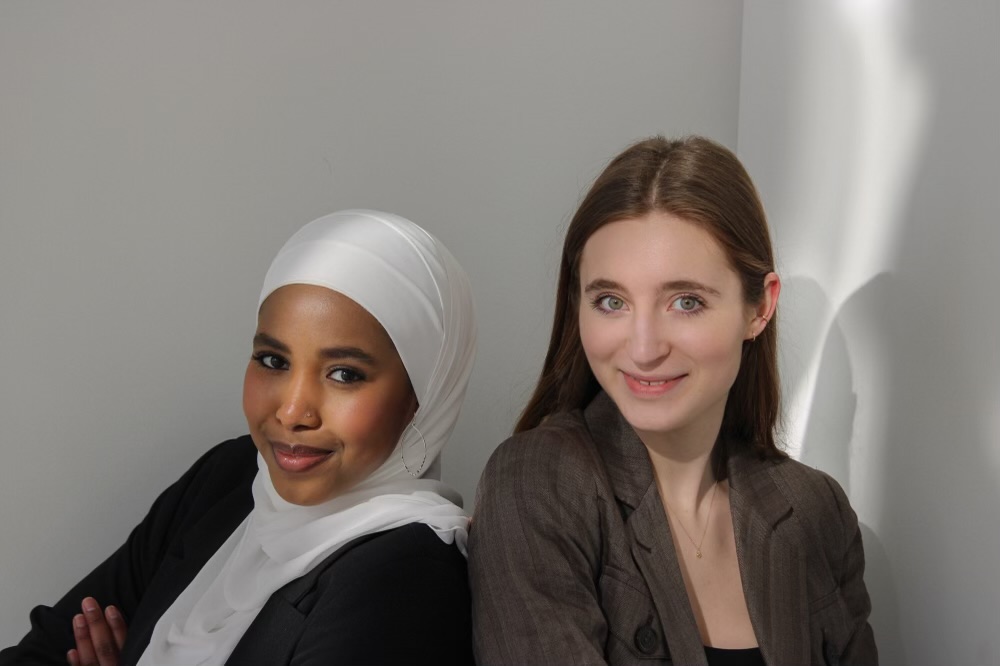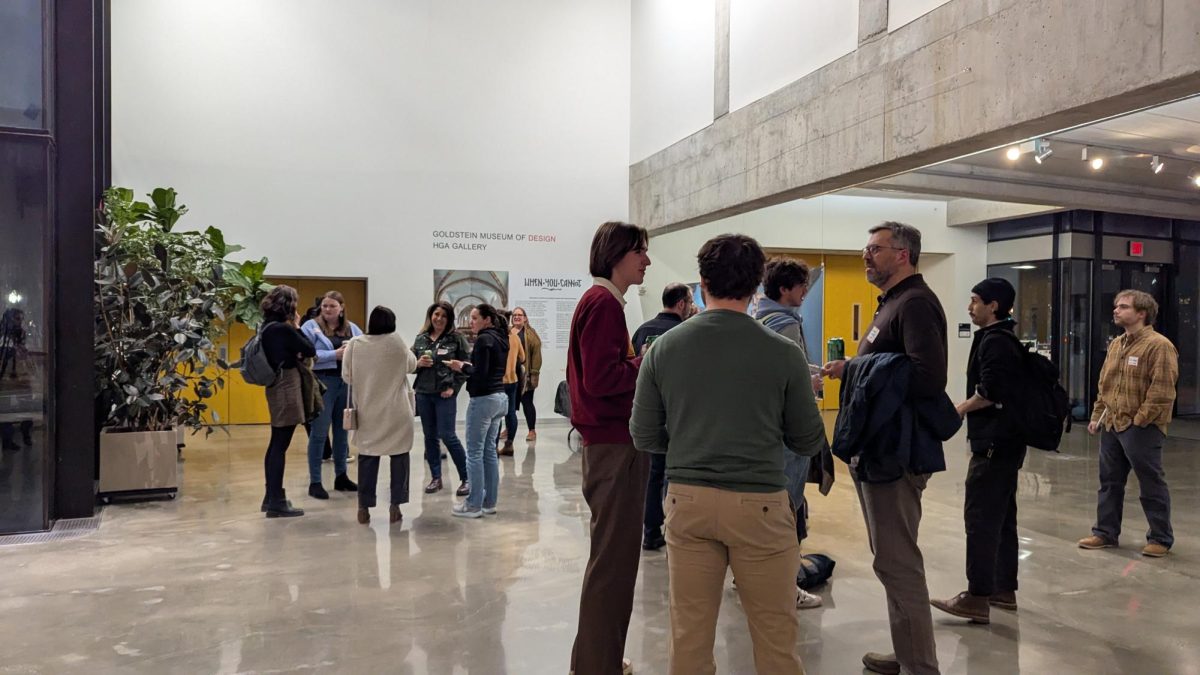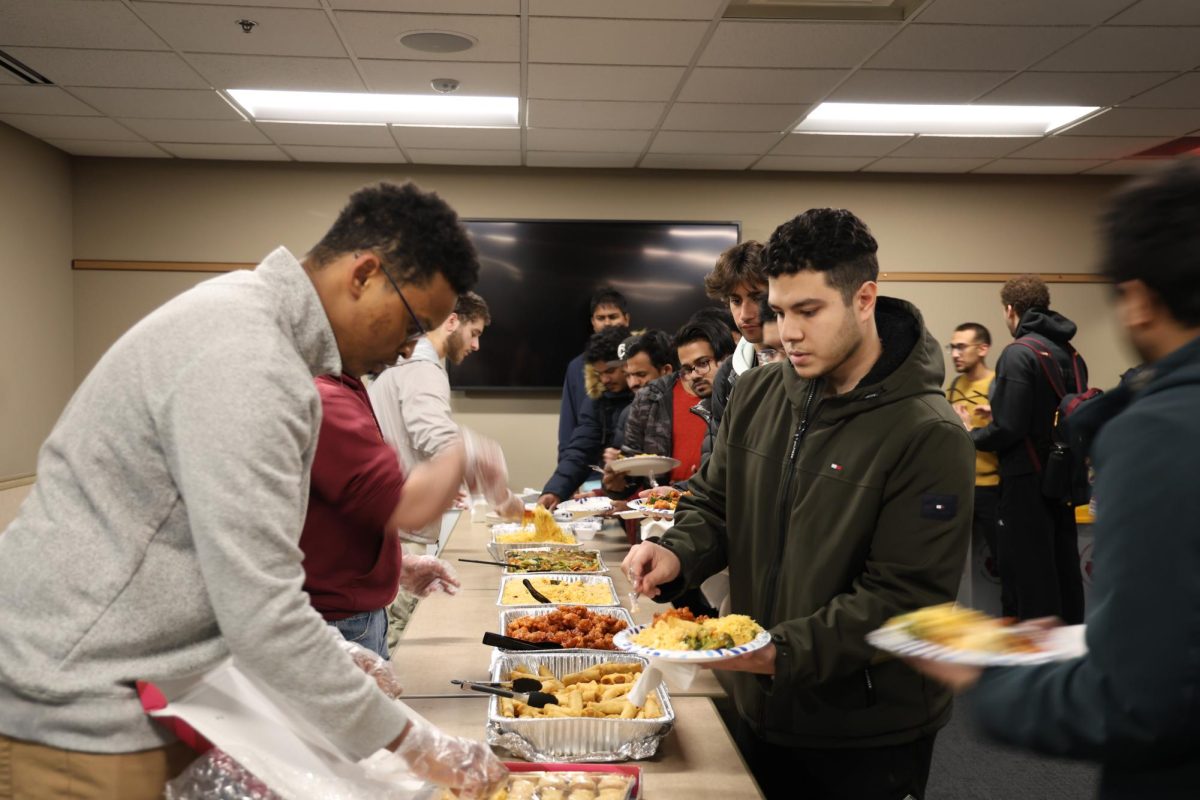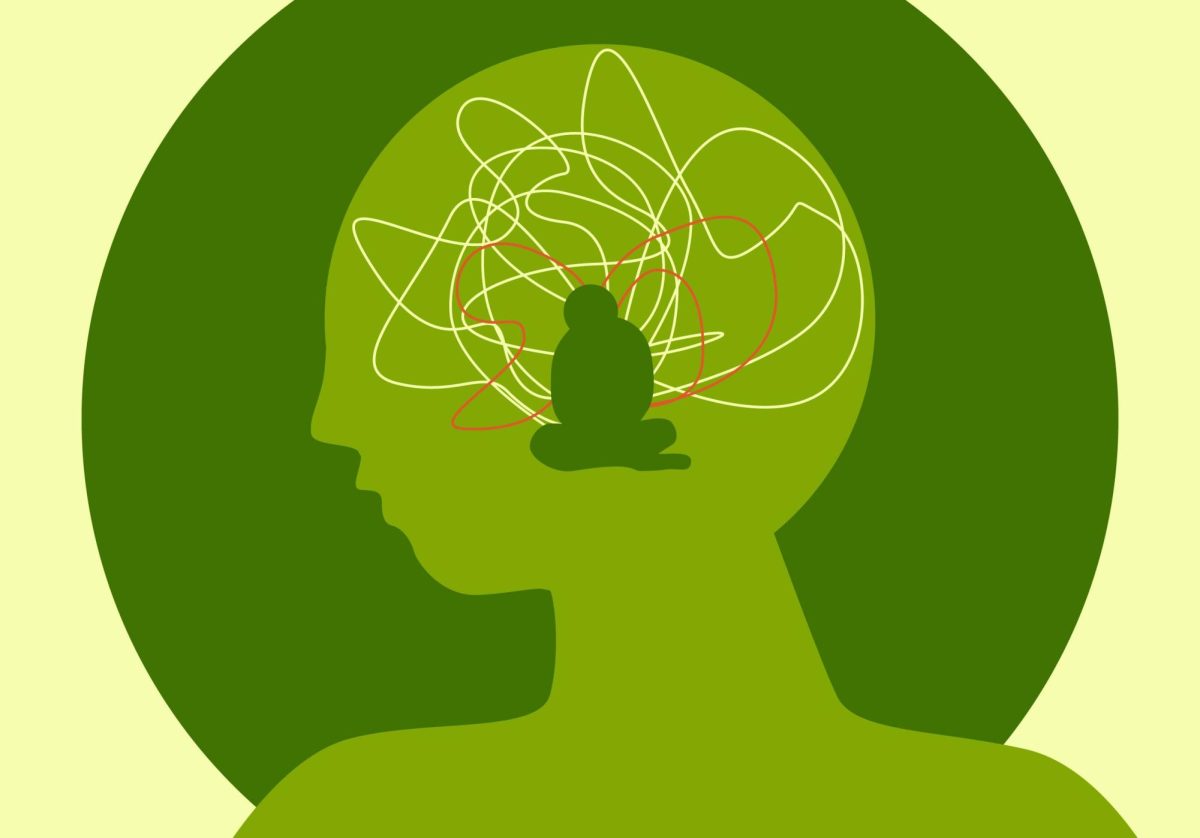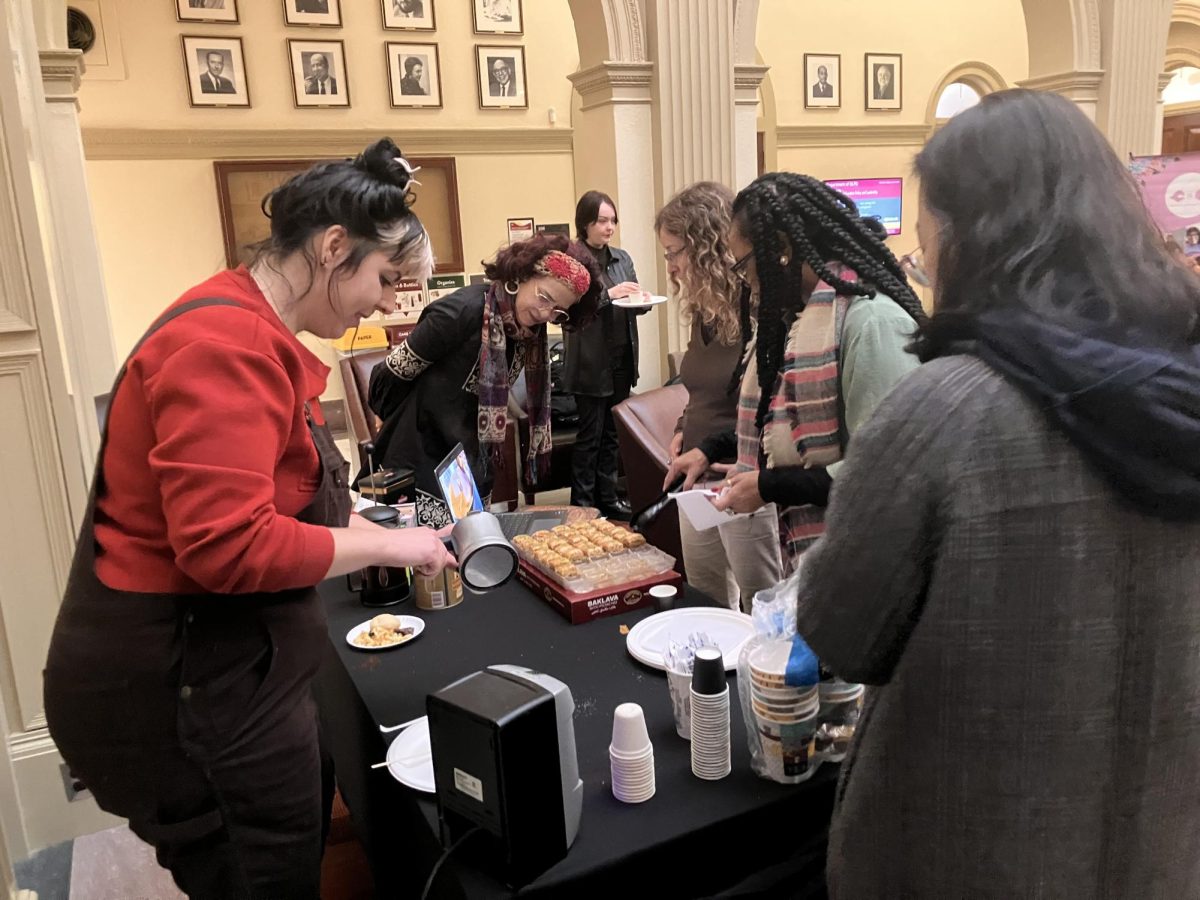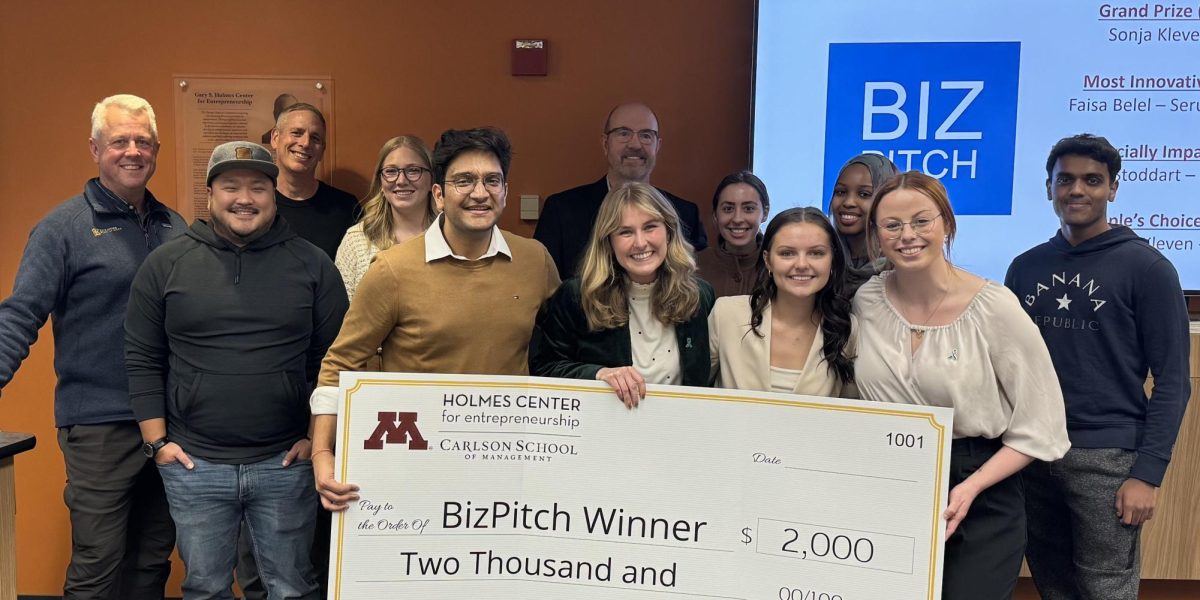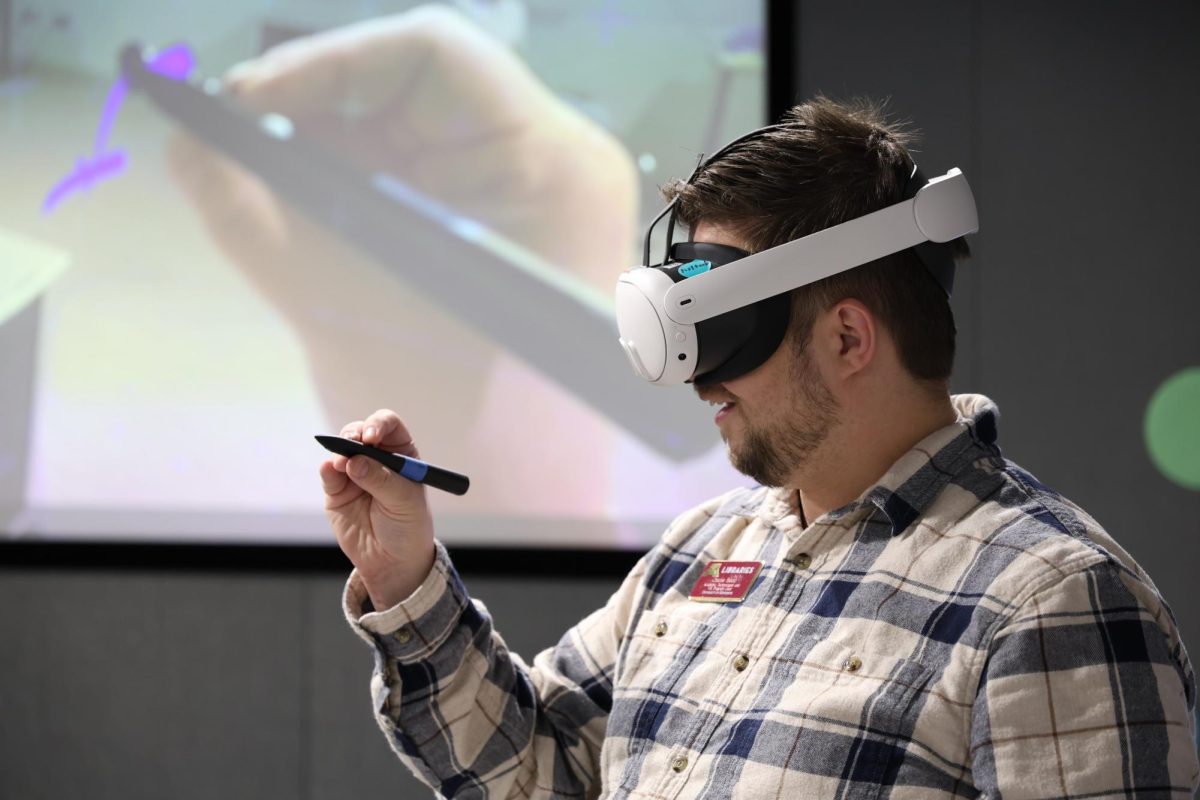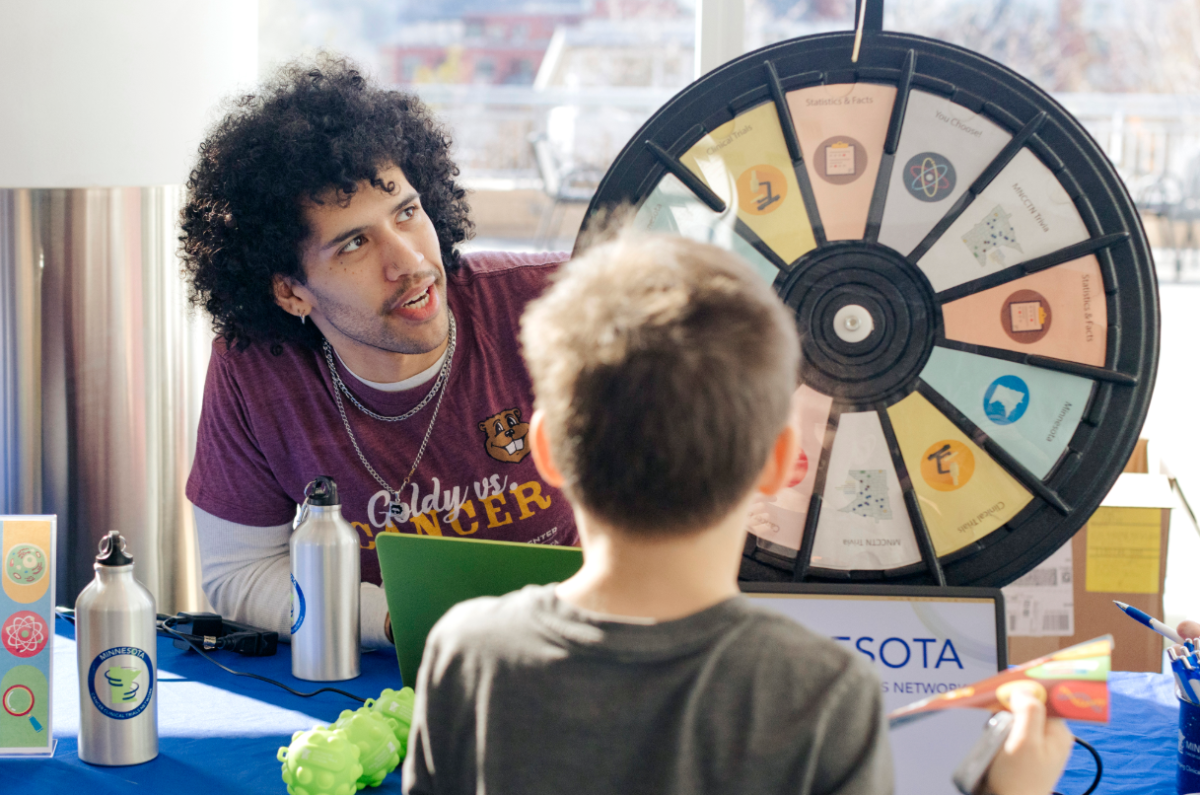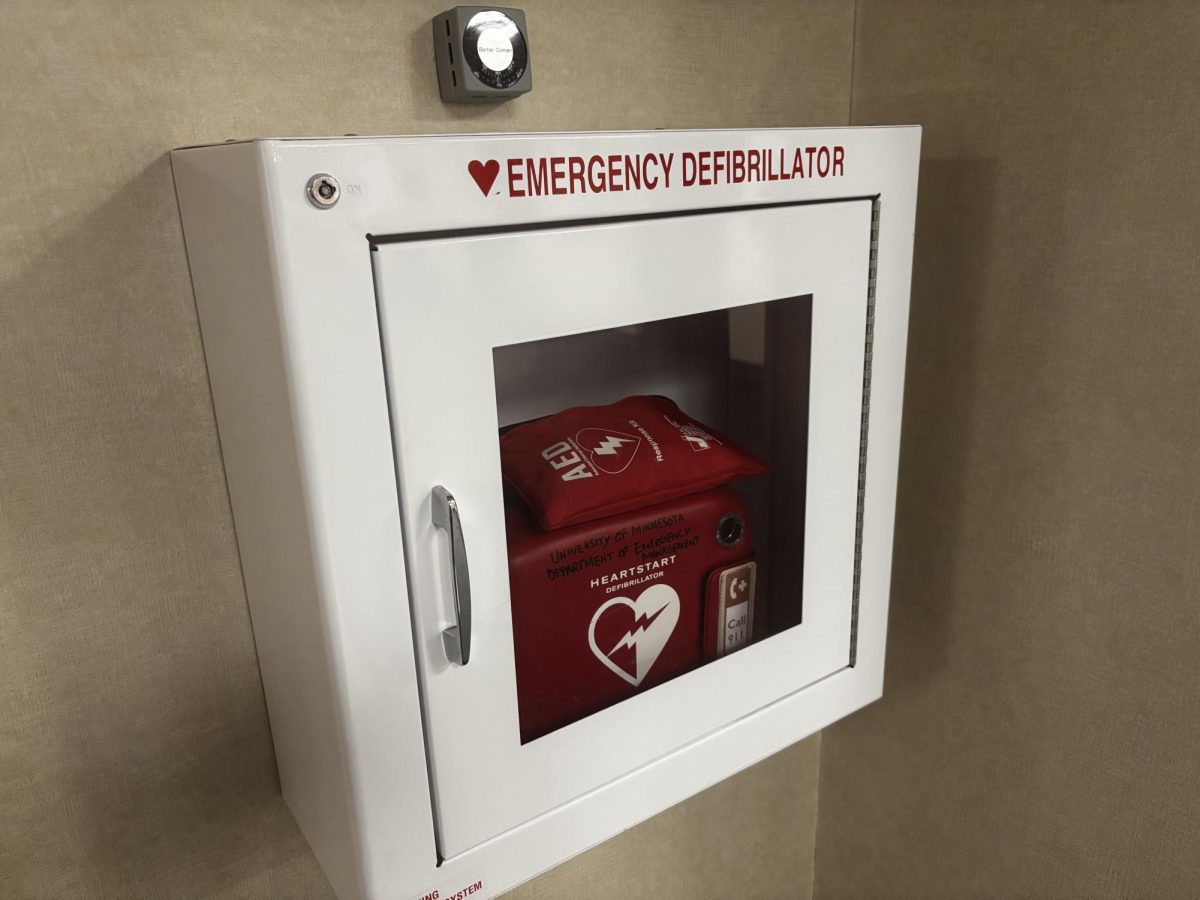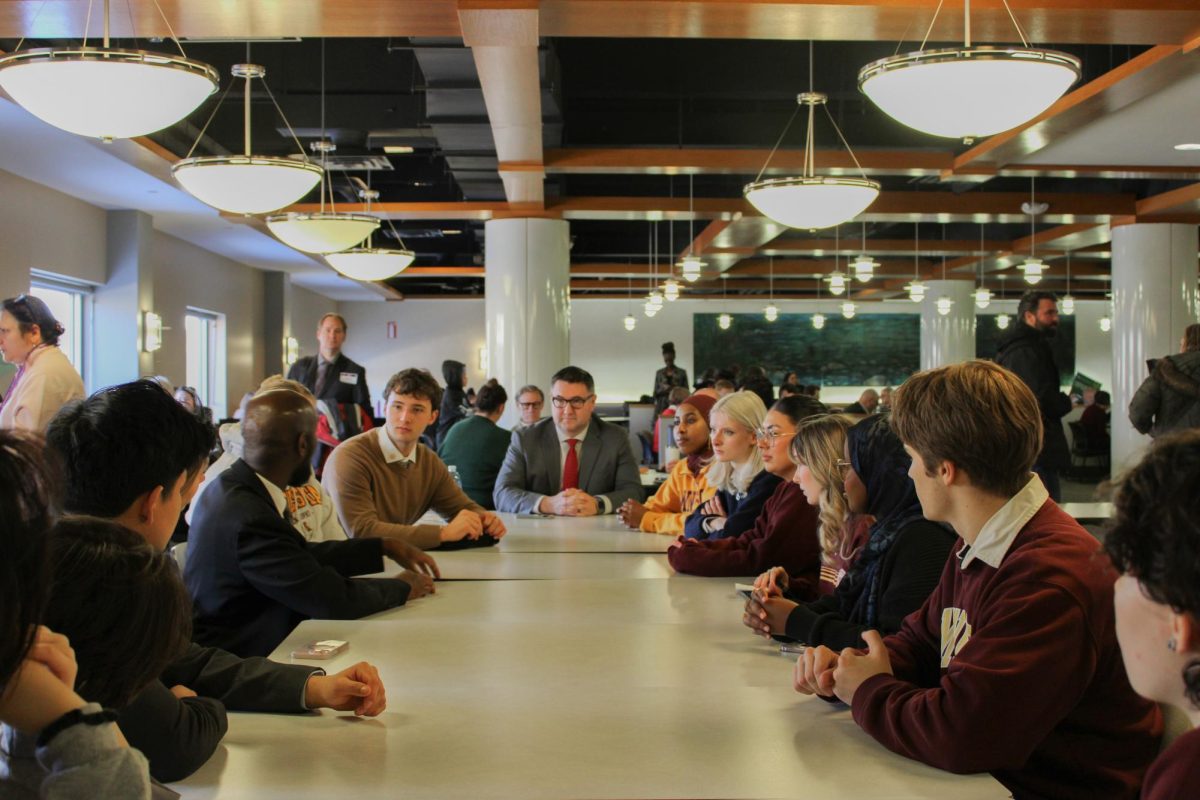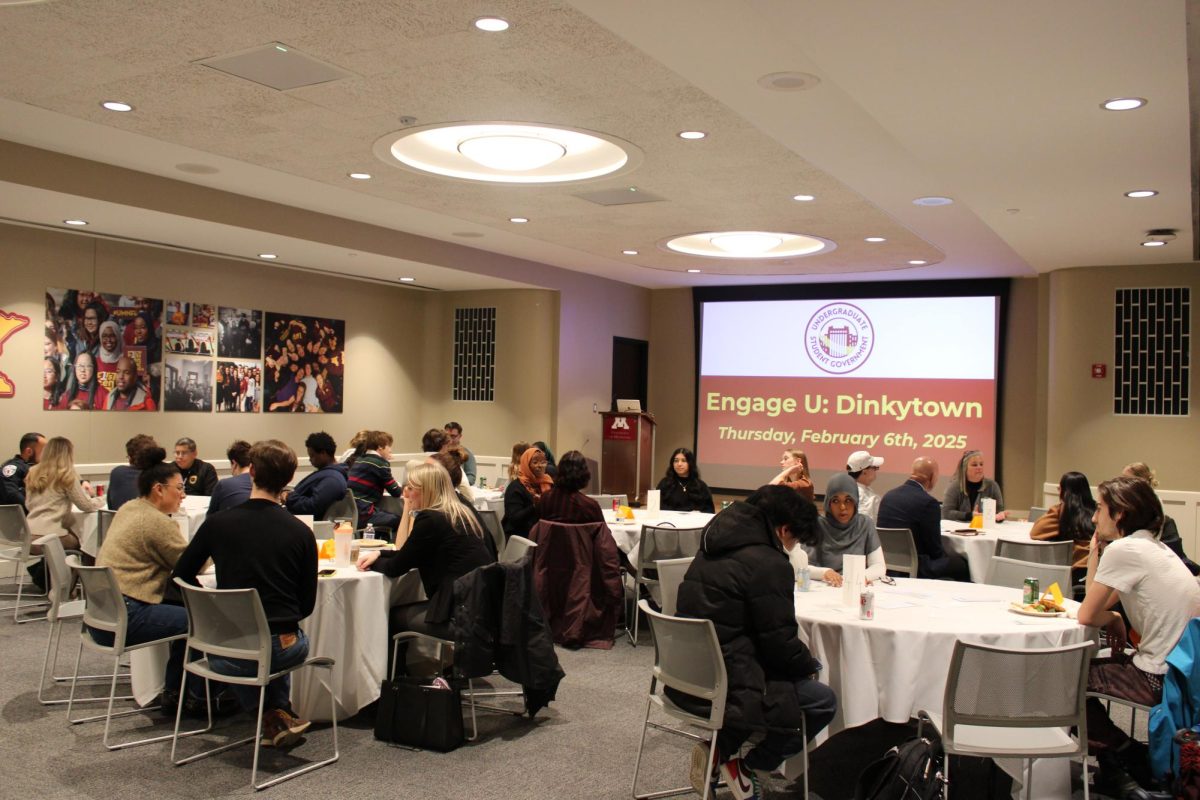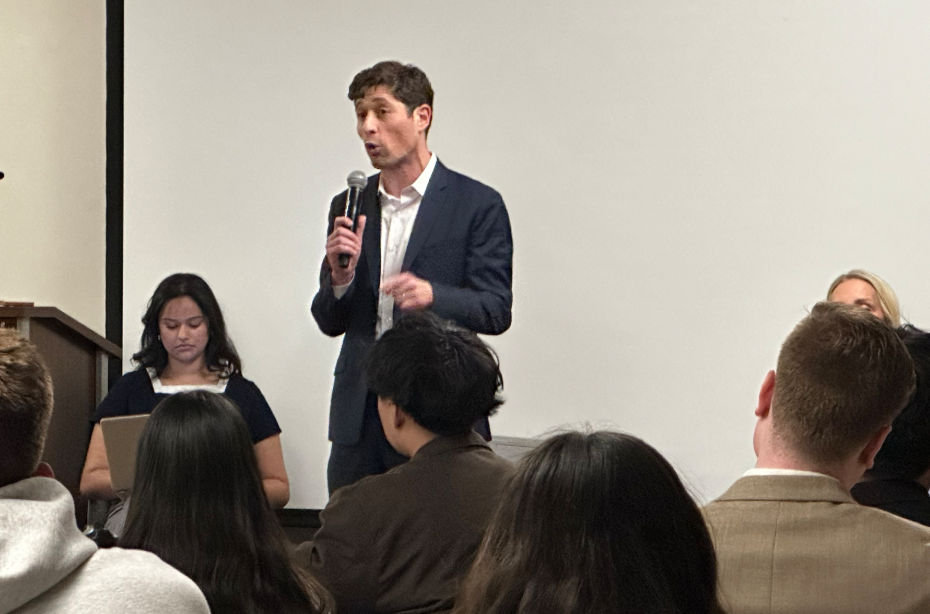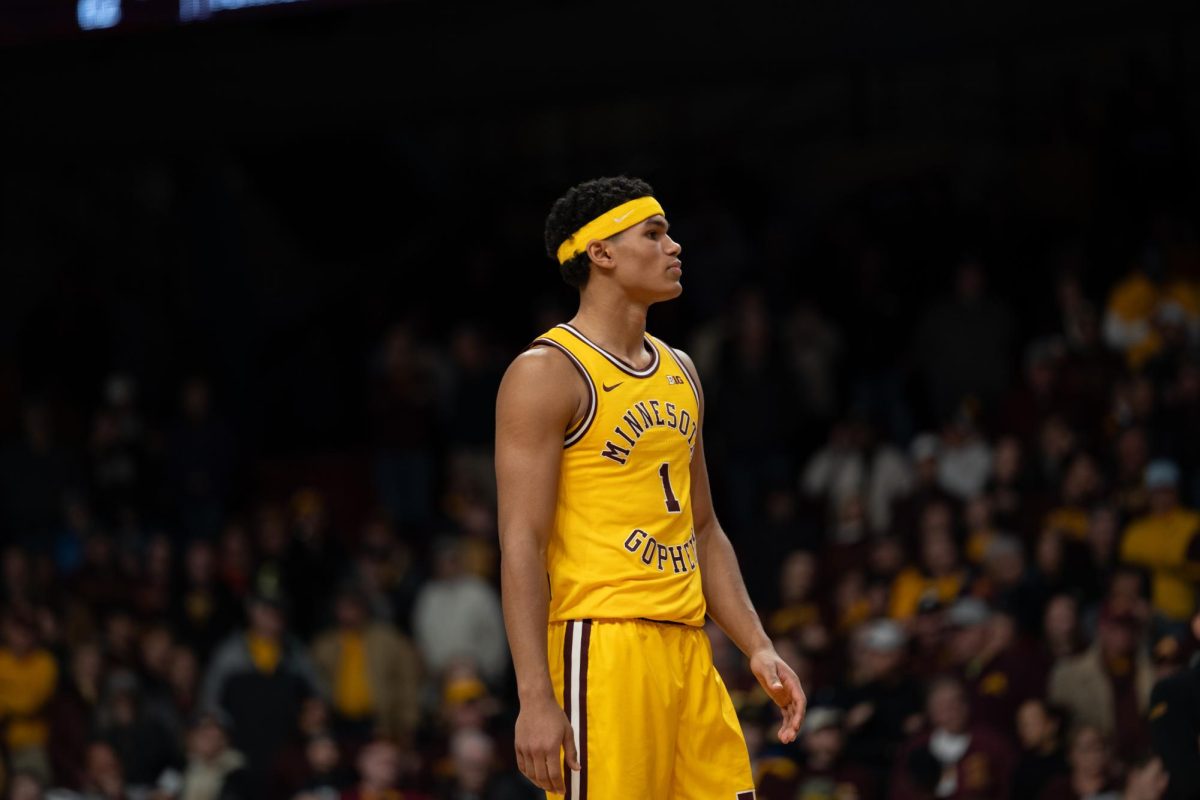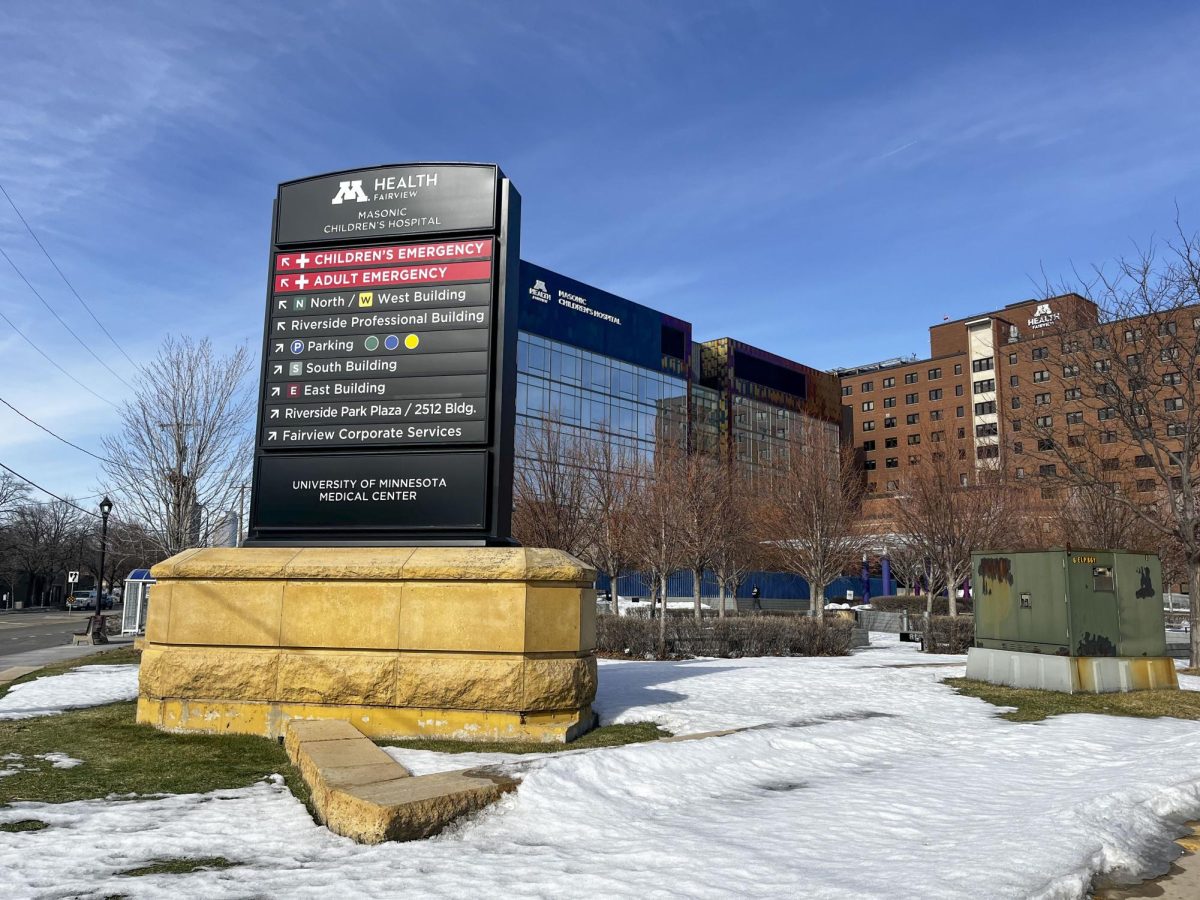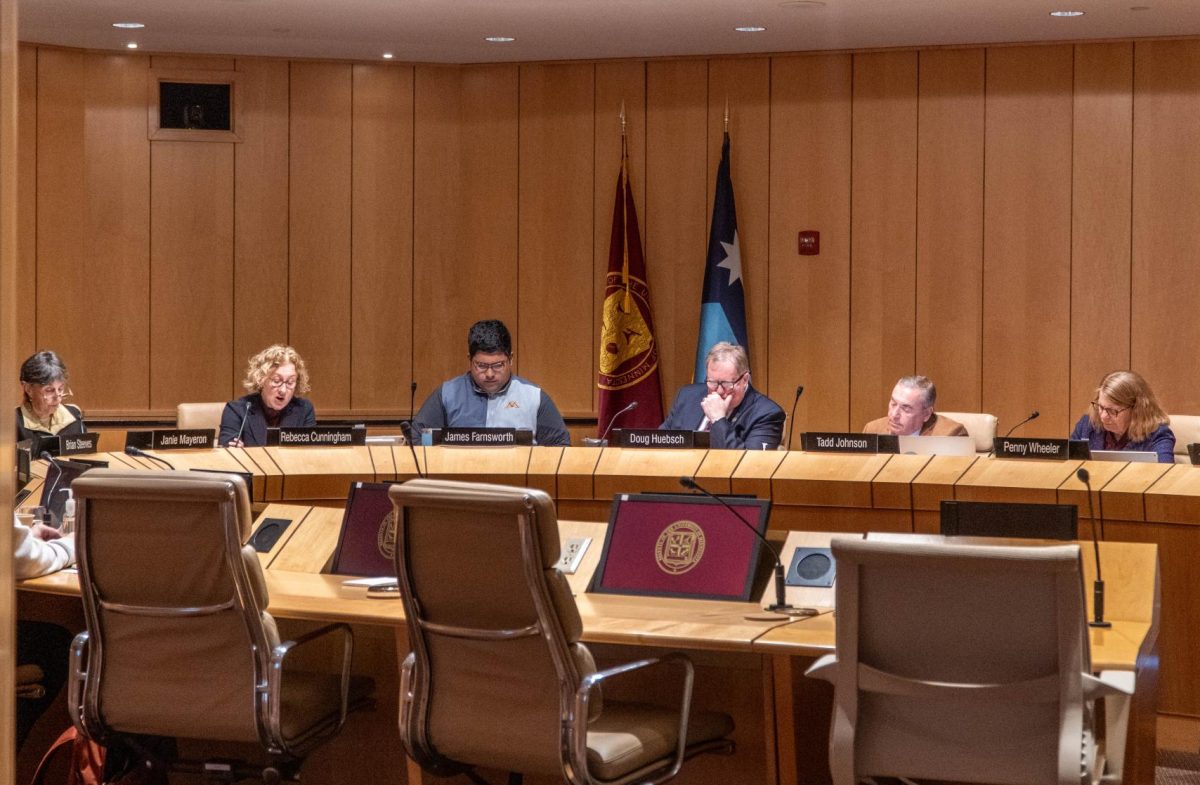Results for the University of Minnesota campus elections will be announced Wednesday, including the Undergraduate Student Government (USG) president and vice president.
Presidential candidate Rahma Ali and vice presidential candidate Clara Jünemann, who are running uncontested, talked with The Minnesota Daily to talk about their goals for the coming year.
Ali currently serves as a student group representative and member of USG’s Diversity, Equity and Inclusion Committee, whereas Jünemann is the external media specialist for USG’s communications team.
The Minnesota Daily: Why are you running for USG leadership?
Rahma Ali: “I’ve been part of student government since my freshman year, and I was Abdul [Mohamed’s] intern, the president from 2021 to 2022. Being a part of all the different meetings he had, introducing me to different faculty and administration staff in general, he was like, ‘Okay, if you’re going to stay for the long run in this organization, there’s a possibility that you can always take a higher staff role.’ Ever since, I have done my best to stay engaged within the organization and take different roles, whether that is being a staff member or a voting member, or just in general, being an active student within USG. So ever since I’ve sort of had this passion for continuing to advocate for students in different ways and senior year, I was like, ‘Okay, there’s no other organization that I’d like to put my time and effort towards, so why not go for this role and continue to work on the projects that I’ve been working on for the past few years, and also just continued to advocate for more projects.’ Right now, we have a lot of great [projects] being worked on by other staff members that I would like to continue seeing how those progress.”
Clara Jünemann: “For me, I think I share a lot of the same passion for student advocacy that Rhama talked about. I joined USG during my sophomore year as a student group representative, and then this year, my junior year, I became a staff member. The past few years, being a part of USG has been a way to find the community on campus to find other like-minded students who share the same passion and advocacy initiatives that we want to work on. So for me, running to be vice president and running with Rahma really has to do with continuing the visions that we have and all those advocacy goals that we want to focus on next year. As I mentioned, there really is no other organization or place on campus that I would willingly put so much time and effort into next year because I really believe in all the advocacy work that we do and the impact that we can have for students on campus.”
Daily: What changes would you like to implement?
Ali: “I really want to see better connections between students and administration, whether that’s faculty or staff, and even with our deans from all the different colleges. We constantly want to do a lot of change around the University, and then once we get to getting resolutions passed outside of USG, nothing moves. Now, work is being done. I’ve personally seen this within the different resolutions that I’ve written with other staff members, other voting members, and we always run into the issue of, ‘Okay, our resolution has passed. Our student body approves it through a Forum, but now nothing is being done from the administration side.’ I feel like if we have better one-on-one connections with admin, a lot of our projects would be much easier to get passed through a University-wide initiative or project. Right now, with having a new president coming into office, I feel like we can build those connections from the ground up, start them early and then just continue to make sure that we continue those connections throughout the rest of our year as well as throughout the years after us.”
Jünemann: “To build off of that, engagement really is something that we want to focus on and that we think is super important not just with administration, but also in a different way. We think that USG has been very disconnected from other student groups even on campus, or even just the larger scope body. A lot of students don’t know what USG is or, even within student group members, they aren’t aware of the resources that we have and ways that we can support them. So, something we’re also working on is building more of those stronger connections between USG and student organizations next year so that these relationships can go on even in the years after our terms.”
Daily: What are your goals for your term?
Jünemann: “I think Rahma and I both have a lot of goals, and I’ll just briefly touch on a few of them. Hopefully, we can achieve as many as possible next year, but obviously, tackling food insecurity is something that we do want to continue. I think there’s been a lot of support from students on campus for that, especially since it’s such a big concern and affects really any student on campus, so that’s one of our big goals. Something else that we really want to push is for the University to take more climate action, and specifically when they’re carbon neutral. So sustainability and environmental action is really something we’re gonna push for more next year.”
Ali: “One of the projects that the Diversity, Equity and Inclusion Committee has been working on for a while now that sort of just goes hand in hand with expansion of the MLK program is expansion of well-being spaces right now. There’s a focus on prayer spaces, and prayer can mean something different for everyone. We’ve been making a lot of progress connecting with different colleges, and right now some of the other members are focusing on St. Paul because there are a lot of St. Paul students that would love to use well-being spaces. That has been in the works for three semesters now and will most likely continue next fall and spring. Seeing as many buildings as possible have a well-being space that’s not just a storage room with a bunch of sofas and random chairs and tables in there is something that I’d love to see in as many buildings as possible. Then, just in general, Clara mentioned this too, but empowerment and engagement for students. We want to be able to connect with as many student boards as possible. Some of that is CLA’s [College of Liberal Arts] student board, CSE’s [College of Science and Engineering] board, and CFANS [College of Food, Agriculture and Natural Resource Sciences] is one that we’re trying to make sure we get a lot of their voices heard because a lot of CFANS students just want to be as represented as possible in different initiatives. So, I feel like a lot of outreach and engagement is something that we really want to focus on. Right now, whenever I talk to students or just any of my close friends, it’s a lot of, ‘USG is on one side and then all the other student groups are on the other side.’ We’re all students at the end of the day advocating for student voices, so why not just come together and represent each of our student groups to the best of our ability.”
This interview has been edited for clarity, grammar and length.


